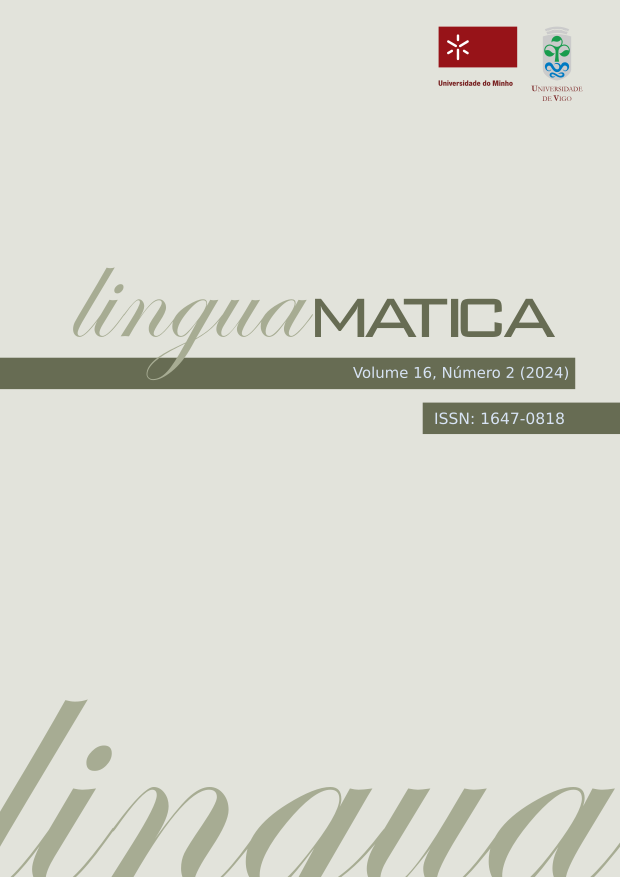Exploring the Effectiveness of Generative Languages in Sentiment Analysis Tasks in Brazilian Portuguese
Abstract
Large language models (LLMs) have been successfully applied in various natural language processing (NLP) tasks. This paper investigates their effectiveness in sentiment analysis tasks in the context of Brazilian Portuguese, exploring the identification of opinionated sentences, polarity, and comparative sentences. The study evaluates the performance of models such as ChatGPT and Sabiá on different tasks and datasets, comparing them with methods from the literature. Furthermore, we explore the use of LLMs in automatic data annotation. The results demonstrate the potential of LLMs in sentiment analysis, especially in polarity identification, and discuss their limitations and applications in data annotation tasks.
Copyright (c) 2024 Tiago de Melo, Gladson de Araújo, Carlos Maurício S. Figueiredo

This work is licensed under a Creative Commons Attribution 4.0 International License.
Authors who publish with this journal agree to the following terms:
- Authors retain copyright and grant the journal right of first publication with the work simultaneously licensed under a Creative Commons Attribution License that allows others to share the work with an acknowledgement of the work's authorship and initial publication in this journal.
- Authors are able to enter into separate, additional contractual arrangements for the non-exclusive distribution of the journal's published version of the work (e.g., post it to an institutional repository or publish it in a book), with an acknowledgement of its initial publication in this journal.
- Authors are permitted and encouraged to post their work online (e.g., in institutional repositories or on their website) prior to and during the submission process, as it can lead to productive exchanges, as well as earlier and greater citation of published work (See The Effect of Open Access).













